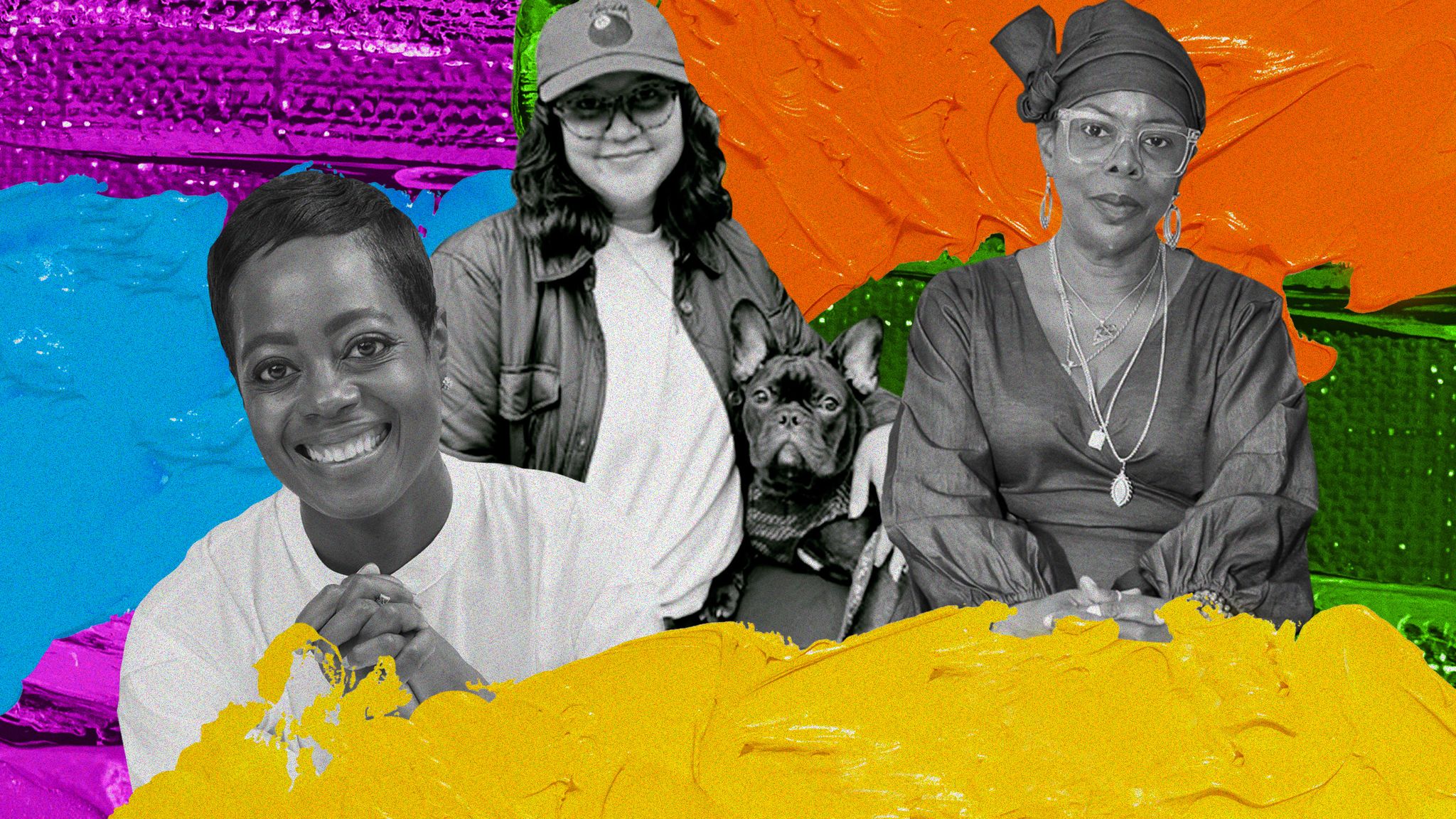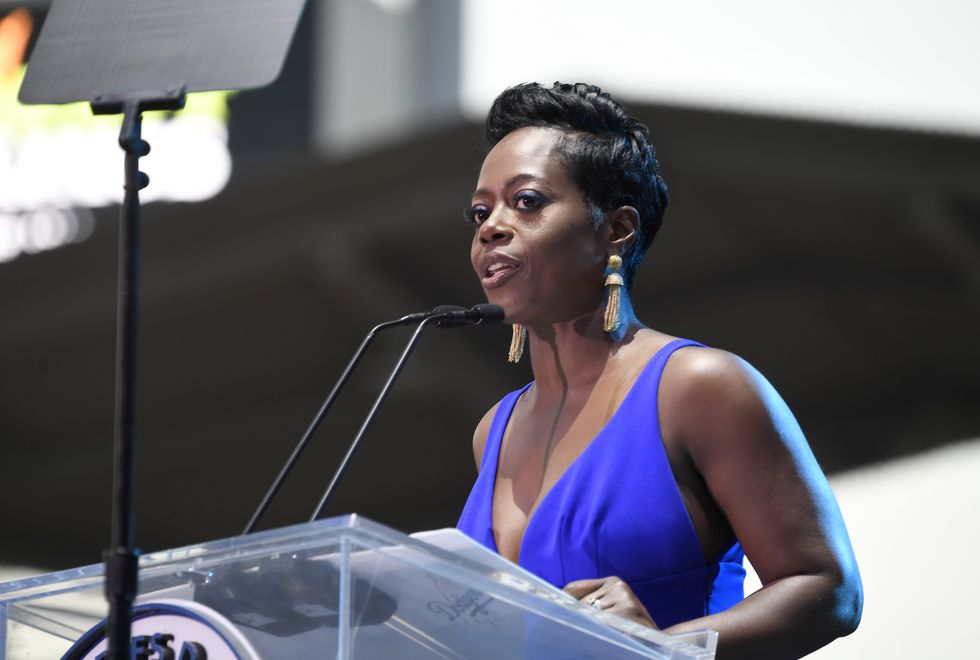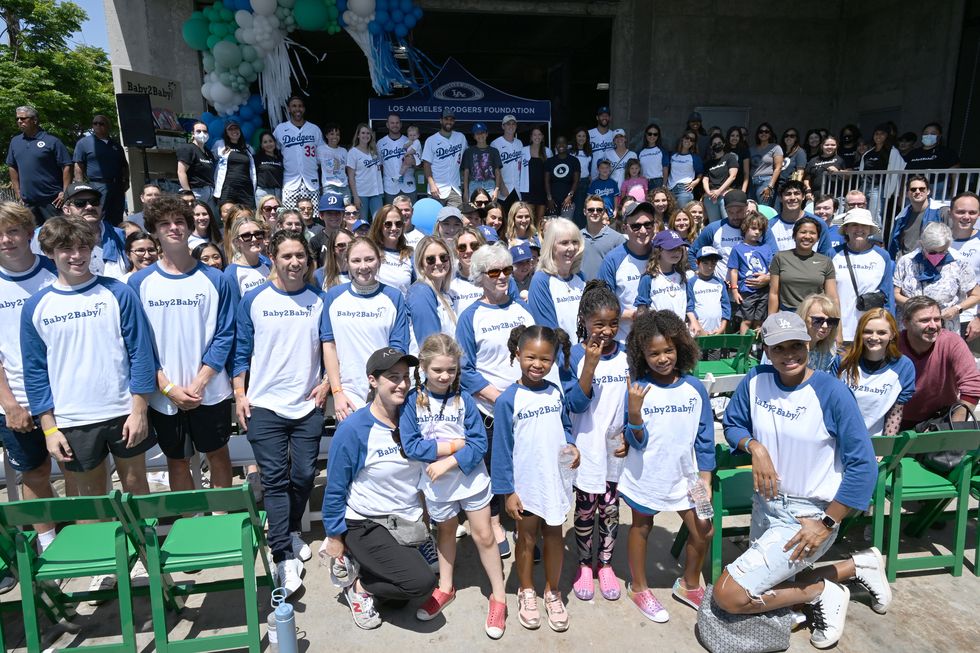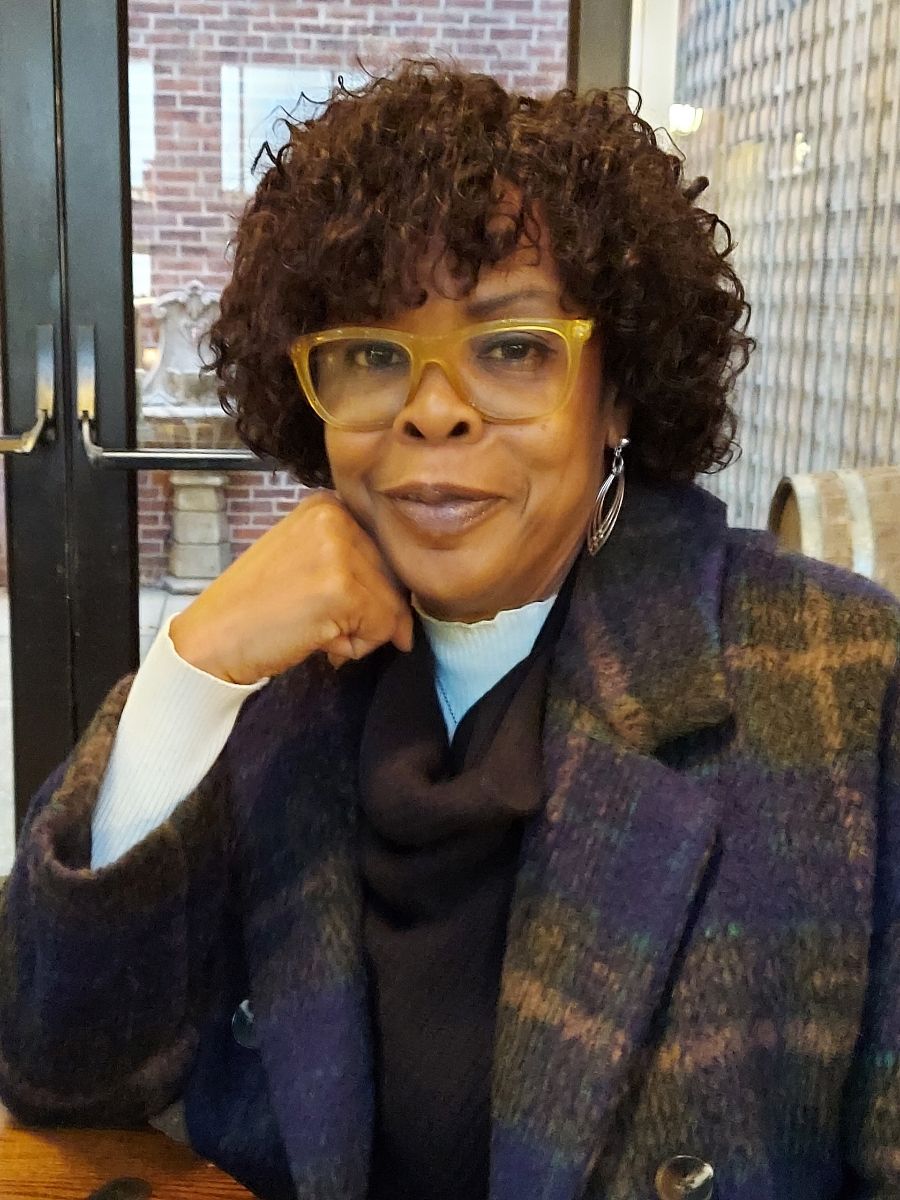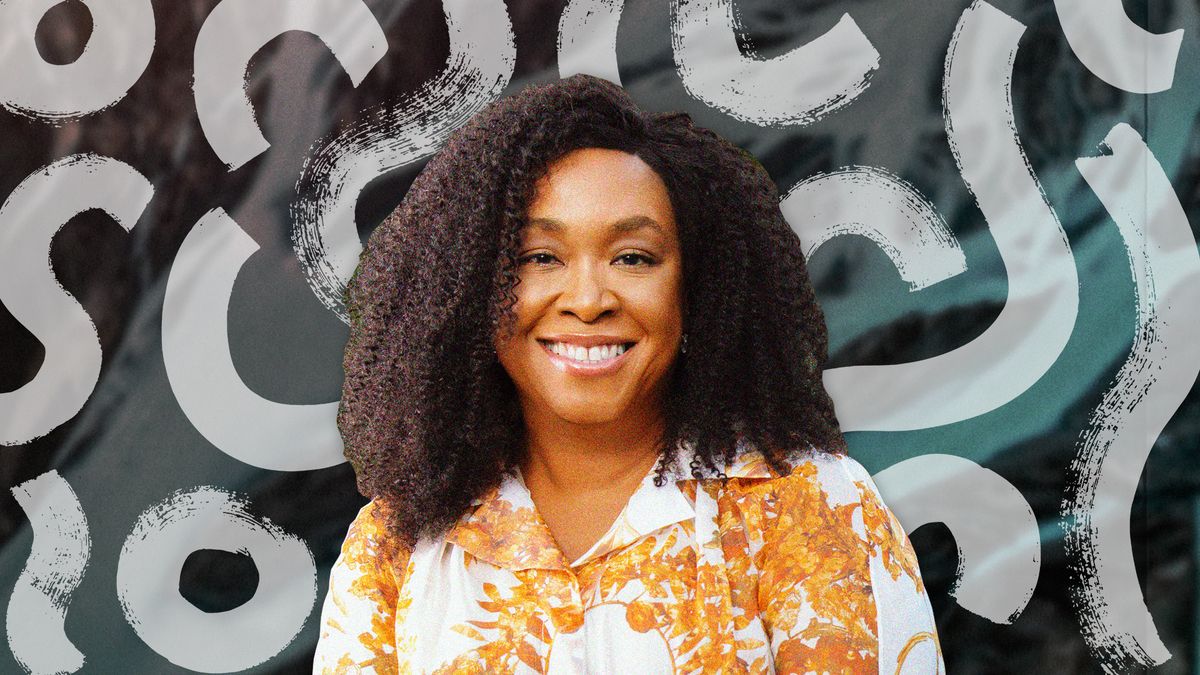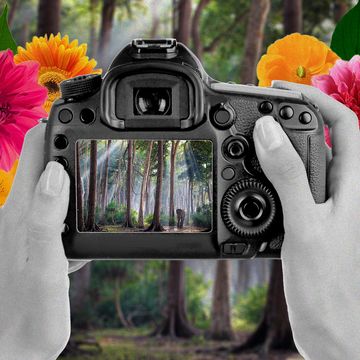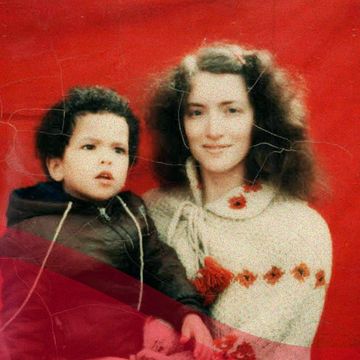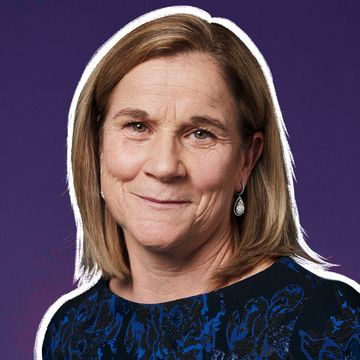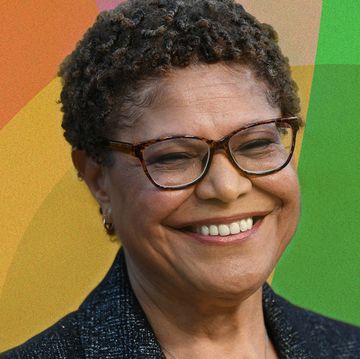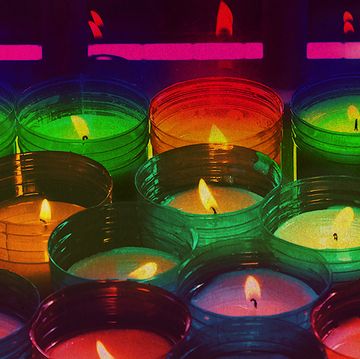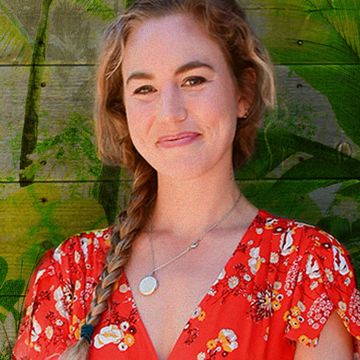Homelessness continues to be a pervasive problem in America — particularly after the Covid pandemic forced the evictions of thousands around the country. There are a myriad of reasons for homelessness in the U.S., from substance abuse to mental health issues, domestic violence, and more, but as housing costs have increased exponentially across the country, the reality is that millions of people — middle-class working people with jobs — are just a missed paycheck or two away from a crisis that could put them on the streets. If we’re honest, a lot of us are accustomed to looking away when it comes to homelessness. Whether out of sorrow or grief, ambiguity about what to do, or fears of a similar fate, a lot of us have a tendency to turn a blind eye.
Not so for the following three people in this story — they’ve not only refused to ignore the suffering of people in their communities but have also decided to do something about it. As part of its series on impact, Shondaland is highlighting individuals who’ve opened their hearts and their hands to make a tangible difference where it’s needed the most: in their own backyards.
A CEO Taking Big Swings to Tackle Homelessness
There are upward of 69,000 unhoused people in Los Angeles — some 50,000 living on the street. Even for residents of America’s second-most populous city who invariably see people sleeping on sidewalks or in tents at some point in their day-to-day, that big a number can be hard to fathom. So, to put it another way, the unhoused in Los Angeles could fill all of Dodger Stadium (capacity 56,000), with roughly 13,000 more waiting outside. That’s a visual not lost on Nichol Whiteman, CEO of the Los Angeles Dodgers Foundation.
“As a resident of Los Angeles, especially someone who has an office at Dodger Stadium, I encounter homeless people on a pretty regular basis,” says Whiteman, whose commute to work often means passing encampments that look more like something out of a post-apocalyptic film than part of one of the wealthiest cities in the country. “I live in the community that we serve. [Homelessness] is very visible, and it’s emotional.”
That Whiteman, a native of New York City who played soccer as a kid and later got an economics degree from Spelman College, has an emotional connection to her work is, in some ways, a kind of paradox. CEOs and, for that matter, the types of athletes who get good enough to play for a major league baseball team like the Dodgers typically don’t traffic in public emotion very much. Strategy, training, focus, and, particularly for Whiteman, fundraising, are the name of the game when the stakes are this high. Yet the LADF runs on empathy and heart — but in a strategic way that focuses on undoing the structural issues that lead to homelessness in the first place.
“For us, if you can impact the food insecurity challenge, if you can focus on mental health, if you can focus on preventing foster youth from not having a place after they come out of the system, you can make the situation more comfortable for those who are experiencing homelessness,” she says. “That’s where we sit.”
LADF sponsors a dizzying number of programs and initiatives under the umbrellas of education, health care, food assistance, and mental health initiatives — all huge individual responses to issues that on their own can lead to homelessness, particularly in underserved and/or immigrant populations so abundant in L.A. and on the streets. Take LADF’s food assistance work, for example: Since the pandemic, LADF has given out 6 million meals, Whiteman says, some of which she served herself, sleeves rolled up, mask and gloves on.
Yet as much as she appreciates seeing LADF’s impact firsthand, her individual impact is best made at the highest level, where she can do good for more people by creating partnerships, marshaling support, and, yes, raking in cash to keep people off the street. “The best people suited for philanthropy are those who may not have spent their entire career or life doing this work,” she says, “because we bring the business acumen. It’s like, no matter how much you have a cause and you want to do programs, it’s about the platform you provide for it, how you market it, and how you raise money.”
In her nearly 10 years in her role, Whiteman took LADF from a million-dollars-a-year organization to a $16 million force, one that’s invested more than $60 million into Los Angeles through various programs and grants and helped serve some 2.3 million children, according to the organization. And that fundraising isn’t just boring chicken dinners, either. A hefty portion of the budget comes from a “50/50 raffle,” which has Dodger fans enter a drawing that gives them half of what’s raised at the end of a game.
In October, a fan walked away with a cool $58,000, with the other half, of course, going to the LADF. And this being Los Angeles, celebrity capital of the world, LADF capitalizes on the star power in its own backyard with an annual blockbuster gala. The 2022 event had none other than Jennifer Lopez dazzle a group of well-heeled revelers, raising a whopping $3.6 million in one night.
Whiteman’s vision for the LADF going forward is big — “We want to be the premier charitable organization in Los Angeles,” she says — but then, so are the problems that have mounted to make homelessness such an urgent crisis. And by working to deepen the relationship between the beloved team and its home city, she’s confident that every meal served and every raffle ticket sold will add up to a seismic impact. “It’s not just about pulling Angelenos off the street. What are the conditions that got them there? And what are the programs that are helping them stay off? We’re very clear in our mission and our vision. It’s a bold one. But if you’re not bold, what are you?”
A Bright Light in a Sunny Beach Town
The Virginia Beach oceanfront is home to one of the best boardwalks in America. Pre-Covid, as many as 19 million people came to the coastal town annually to soak up the sun, pedal down the bike paths on beach cruisers, or indulge in frozen custard or fresh fudge from the many shops that give the tourist town its family-friendly vibe. It’s increasingly an international destination too, especially after hometown hero Pharrell Williams started a music festival, Something in the Water, that brought tens of thousands to the sandy shores to see some of the biggest acts in the world perform.
The resort town’s cheery facade has cracks in it, however. Amid the college students hanging out and parents pushing strollers, it’s not uncommon to see unhoused people foraging through trash cans for food or walking up and down adjacent streets with everything they own on their backs. Seeing one such person one day moved Brittany Cornine, a 30-year-old mental health therapist, to act.
“There are a lot of unhoused people down there, especially during the summer months,” she says. “And, I don’t know, I’ve always been the kind of person who’d just be like, ‘Do you need something from the store?’ I just felt like that could so easily be you, so what can you just do to make someone’s day a little bit easier?”
Before long, Cornine turned her random act of kindness into a passion project: assembling personal-hygiene kits she handed out to people in need. Paying out of her own pocket, she’d bundle deodorant, wet wipes, a manicure kit, hand sanitizer, and a pack of Band-Aids (“Whatever I could think of off the top of my head,” she tells Shondaland) and then gently approach people she suspected might want a kit.
“I don’t ever really want to approach someone and be like, ‘Are you unhoused?’ Because that’s aggressive. But I can kind of just tell,” she says. “If I see them in certain areas often and with a backpack or a sleeping bag rolled up, and I’ve seen them at least more than once, I can kind of assume.” Said areas are increasing. While Virginia Beach’s unhoused population is considerably smaller than in bigger cities — a recent count estimated less than 400 — the number is growing, and police are being increasingly called to break up encampments of people living in tent communities in wooded areas or off railroad tracks.
Adjacent to Norfolk, Virginia, home to the largest naval base in the world, Virginia Beach is both a big military town, with scores of servicemen and women in the era, and solidly middle class — which is one of the reasons seeing unhoused people is all the more jarring in this slice of manicured suburbia.
“My mom is an immigrant from Thailand. Even though she’s been here for a long time, she still kind of has a hard time conceptualizing it,” Cornine says. “She’s like, ‘Where do people go when it’s cold?’ And I told her, if there’s no room at the emergency shelters, people sleep outside. She’s like, ‘People sleep outside? That makes me so sad.’ And it’s like, yeah, that’s the whole point.”
Wanting to do more, Cornine stepped up her game. Now, her passion project is a full-on organization, 757 Community Closet. As the name implies, Cornine’s group offers people clothing, diapers, household items, shoes — anything people in Virginia Beach and the wider Hampton Roads area might need. The people who patronize the closet — some 20 to 30 a month, she says — are a mix of unhoused and working-class people struggling to make ends meet, but Cornine asks no questions. “We just give everything away for free,” she says.
The “closet” is actually a 5-foot-by-8-foot storage unit that Cornine pays $114 a month for by herself. Although local groups and charities have been helping out with gifts and checks in the $500 range, goods inside are almost all donations from individual people.
“I wanted to have something that felt community-based,” she says. “Like, I can reach out to the people that I know to get them involved because I feel like sometimes the deterrent is people don’t know where to go or what to do. Or if I go to this organization, and I’m by myself, I don’t know anybody. So, I’m bringing together the people that I know and I’ve grown up with, giving [the group] more of a familiar feel. Not that anything’s wrong with the bigger organizations, but we’re not about having, like, a gala or event. We just do very casual everyday things to help people when we can.”
As of late, 757 Community Closet has been popping up at local events and festivals to spread awareness and get donations, and Cornine hopes to expand. Right now, her biggest goal is to find a space where her group can set up officially. Her dream is a mobile van — a free store on wheels that dispenses essentials to people in need.
“I just really feel like there’s enough in the world for everyone,” she says. “Housing, that’s not something I can help fix. But the bare minimum I can do, as a person in the community and as a human being that lives the human experience and knows how hard it is, I can at least help you just have the basic things that you need. If I can just have you wake up and have a toothbrush, toothpaste, and things like to get your day started, my hope is that that’s one less thing you have to worry about today.”
From Addiction and Homelessness to a Higher Calling
Not many people ask to stay in jail — fewer still after they’ve discovered they’re pregnant — but Stephanie Booker isn’t like most people.
“I was getting high and running the streets,” the Philadelphia native tells Shondaland. “I was just tired. I got locked up. I called my mom because I knew they were probably worried, and the first thing she said was ‘What’s the bail? We’re coming to get you.’ I said not this time. I need some rest. I called back in a month and said, ‘Mom, I’m pregnant. I’m not coming home. I’m staying here. I gotta get my life together.’”
That was 30 years ago. Suffice to say, Booker made good on what she said she’d do. She now runs A Home Is a Right Inc., an organization she founded that provides unhoused veterans with housing. Founded in 2011, after Booker earned a master’s degree and worked in the administration at the Community College of Philadelphia, AHARI now has seven staff members, five of whom were at-risk veterans.
Last year, the group served 37,000 people through various initiatives and programs, including hunger relief drives (six in 2020 with 12,000 served), clothing giveaways, mental health awareness campaigns, and more. Booker had already been doing the work that led to AHARI when she met her husband, Richard Carter, a Vietnam veteran who, upon his return to the U.S., succumbed to PTSD, homelessness, and incarceration.
“Richard was in prison for 23 years,” Booker says from a video call in her car. She’s having a quick lunch while taking a break from an event she’s hosting in a housing project. “Instead of treating the veteran population’s PTSD, they were putting him in solitary confinement. Solitary confinement doesn’t do anything but escalate their issues. We try to teach our veterans to become self-sufficient. They need resources.”
Her husband certainly provided an example for others to follow: While in prison, he began studying law, helping inmates with their cases. Upon his release in 2012, Carter earned a master’s degree in juvenile justice so he could help at-risk youth, and then helped Booker found AHARI. Though Carter died in 2019 as a result of injuries from an accidental fall, Booker continues the work in part to honor his legacy. “I used to complain about how my life was and how things ain’t working out,” she says. “But [this work] keeps me focused, and it keeps me humble.”
Her humility is admirable, considering all she’s already done and is planning to do. Small-business awards during the most intense days of Covid — AHARI helped several hundred people get vaccinated — gave Booker’s group the resources it needed to grow. Now, AHARI is in the pre-construction phase for building AHARI Village, a 12-unit affordable housing space in Philadelphia’s University City neighborhood.
Booker aims to raise $4.9 million more to realize her dreams of building more housing and more programs, work she describes as very hard. But then, this is a woman who has proved over and over that all things are possible. Case in point — the daughter she was carrying while drying out in a cell. She’s now 29, a graduate of Spelman College, earning six figures; Booker’s other daughter is finishing a degree in computer science with a concentration in artificial intelligence.
“They told me my daughter was going to die. Another doctor told me I would never have children. They don’t know God,” she says. “God put her in my life to get me together. The people that I pass on the street now that I used to do bad stuff to, they forgive me. They just hug me and say, ‘I’m so proud of you,’ and that the things that I’ve accomplished are incredible. But I don’t think that. I just don’t like people telling me what I can’t do. I’m going to show you.”
Malcolm Venable is a Senior Staff Writer at Shondaland. Follow him on Twitter @malcolmvenable.
Get Shondaland directly in your inbox: SUBSCRIBE TODAY
